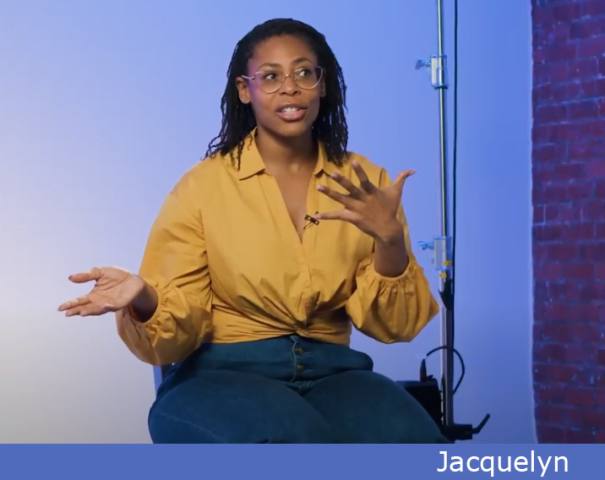
Black Americans Give More to Relatives
Giving money to relatives.
Oprah has done it – in the form of a $490,000 house for her newly discovered sister. Former NFL cornerback Phillip Buchanon just wrote a book complaining about it. And Charles Barkley is characteristically blunt about it.
“When you continually come to me for money, that’s what ruins relationships,” Barkley explained on NBA TV. “I probably got $4-5 million I lent to friends and family I’ll never see again.”
No one is immune to a relative’s appeals for financial help. But this is a perennial and far more prevalent issue among black Americans – and not just the ultra-rich like Oprah and Barkley – according to Rourke O’Brien at the University of Wisconsin.
What O’Brien calls “informal assistance” exists, in part, because giving bestows non-monetary benefits on the givers as they foster emotional support and solidarity among their kin. But as a personal financial issue, the expectations and feelings of obligation are very challenging – and a topic of conversation in the black community.
One woman commenting online said she was looking for some useful advice about how “to be more comfortable with saying ‘no’ ” to her loved ones.
A major reason this is an issue is the persistent disparities between black and white Americans’ earnings. For example, middle-class blacks are four times more likely than middle-class whites to have siblings who are poor. O’Brien’s statistical analysis of both Federal Reserve Board and University of Michigan data also found that giving informal financial help becomes increasingly common as black Americans move up the economic ladder.
“Regression models indicate that blacks and whites making $20,000 per year provide financial assistance at comparable rates (about 5 percent provide it); however, among households making $80,000 per year, blacks are twice as likely as whites to report providing financial assistance,” O’Brien explained in an email. His analysis controlled for age, education, and marital status.
Other studies that rely on interviewing families have pointed out another interesting cultural difference. While money in white families tends to flow from parents to children, the flow is very different in black families: from children to parents and relatives.
To stay current on our Squared Away blog, we invite you to join our free email list. You’ll receive just one email each week – with links to the two new posts for that week – when you sign up here.
Comments are closed.







“Vulnerable” conveys a clear pejorative framing on helping kin, as it betrays an understanding whose only metric is ‘savings’ at the end of the day. How about how resources are utilized that do not appear as savings, like helping a nephew afford college, or supporting a sister’s business, or helping a mother with legal fees, or a son’s first home purchase.
One would hope, please, that the concern goes far deeper than the Oprahs and Barkleys of the world.
I am a white man who has benefited from family loans and gifts when I was younger. My mother-in-law loaned us $3,000 to buy a house in 1969. We paid back the loan and over time that investment in a small house turned over three times in three houses, the last of which I am living in now in my retirement without a mortgage.
In these later years, I have also loaned and gifted money to relatives in need. Paying it forward, I guess. I have several friends of my age who are also loaning and gifting money to needy relatives including children.
It is a tough world out there.
Whenever asked for a loan by relatives, I ask myself why a bank/credit union wouldn’t loan them the money? Depending on the credit worthiness of the relative, I also would (or would not) loan them the money. “Gifting” is a completely different situation.
It seems like the obvious (yet overlooked) fact missing from this post is that historically, banks are more hesitant to provide loans to black people. This is often why when someone in the black community becomes successful, they feel an obligation or at least a sympathy to relatives and others in the community, to help financially.
Banks have tended to either provide loans with much higher interest rates than whites with similar credit/money situations, or to outright refuse loans to black people. You may disagree but at least Google this because the evidence is out there.
An excellent point and wish I had included it. I covered the subprime mortgage crisis as a reporter for The Boston Globe, and studies at that time found that those high-rate loans went disproportionately to minorities and immigrants.
Thank you!